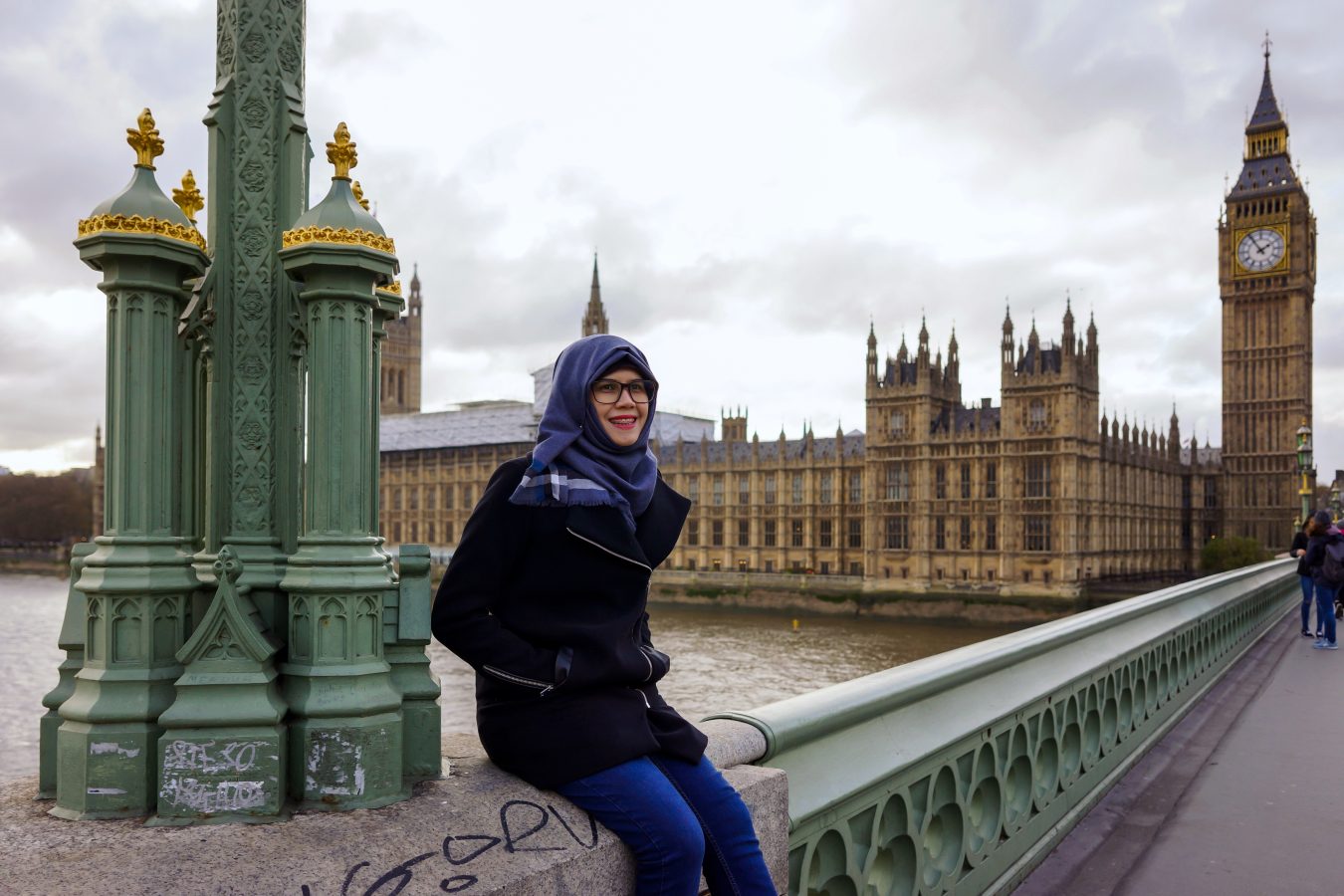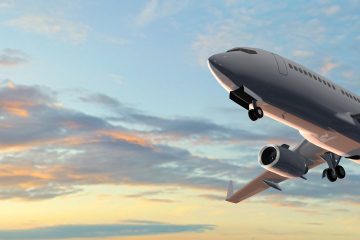F1 visa students, typically enrolled in academic programs in the United States, represent a diverse cohort of international scholars pursuing their educational goals in various fields. The F1 visa is specifically designed for individuals enrolled in accredited academic institutions, including universities, colleges, and language training programs. It allows students to enter the US for the purpose of full-time study and grants them the opportunity to engage in practical training related to their field of study. F1 visa holders are often driven by aspirations of academic advancement, cultural exchange, and professional growth, making the United States an attractive destination for their educational pursuits.
While F1 students have already traveled from their home countries to pursue their studies in the US, many may also seek opportunities to travel outside the country during their academic tenure. These travels outside the US can serve various purposes, ranging from academic enrichment to personal exploration. For instance, F1 students may participate in international conferences or research symposiums relevant to their field of study, providing them with valuable networking opportunities and exposure to global perspectives. Some F1 students may choose to visit family and friends back home during academic breaks and holidays. Additionally, leisure travel to explore neighboring countries or tourist destinations is another common motivation for F1 students seeking to broaden their horizons and create memorable experiences beyond the borders of the United States.
Understanding F1 visa status
An F1 visa is a type of non-immigrant visa issued by the United States government to foreign nationals who intend to pursue academic studies or language training programs at accredited institutions within the country. Essentially, it serves as permission for individuals from other countries to enter the United States for the specific purpose of full-time education. F1 visa holders are required to maintain their student status by enrolling in and actively participating in a full course of study at their designated academic institution. This visa category does not permit employment as the primary purpose of the F1 visa is educational, although limited on-campus employment opportunities may be available. Additionally, F1 visa holders are subject to certain regulations and restrictions, including limitations on the duration of stay and requirements for maintaining lawful status while in the United States.
Traveling outside of the US as an F1 student
F1 visa students may seek to travel outside the US for various reasons, such as participating in a study abroad program or a school course with a travel component. Some may choose to go home to family and friends in their home countries during academic breaks like winter and summer breaks. Additionally, leisure travel to explore neighboring countries or tourist destinations allows F1 students to broaden their horizons and create memorable experiences beyond the borders of the United States.

Potential risks and challenges
Traveling outside the US can pose some potential risks for F1 visa students. These risks include visa complications, academic concerns, and legal challenges. There is the possibility that an F1 visa student could experience delays or denial of re-entry into the country, particularly if they are not prepared with necessary forms needed. Extended travel could impact academic standing or eligibility for certain programs, and F1 visa students must maintain their student status in order for their visa to stay active. As for legal considerations, if a student fails to adhere to regulations for maintaining F1 visa status while abroad, this may result in legal consequences or even jeopardize their future immigration prospects.
Tips for smooth traveling around the world
- Ensure all necessary travel documents, including a valid passport, F1 visa, and Form I-20, are up-to-date and readily accessible.
- Keep in touch with designated school officials (DSOs) at your academic institution for guidance and support regarding visa-related issues.
- Plan your travel schedule around academic breaks or holidays to minimize disruptions to your studies.
- Adhere to the regulations outlined by the U.S. Citizenship and Immigration Services (USCIS) for maintaining F1 visa status while abroad, such as obtaining necessary travel endorsements on your Form I-20.
- Stay informed about any changes to immigration policies or procedures that may impact F1 visa holders, and seek guidance from DSOs or immigration advisors if needed.
- Keep copies of important documents, such as your passport, visa, and Form I-20, in a secure location while traveling, and consider registering with the U.S. Department of State’s Smart Traveler Enrollment Program (STEP) for assistance in case of emergencies.

Maintaining F1 status during travel
To maintain F1 status while traveling, students should ensure their Form I-20 is endorsed by a designated school official within six months before departure. They must also maintain full-time enrollment in their academic program and adhere to visa regulations of the destination country. Staying informed about changes to US immigration policies is crucial, as is keeping essential documents accessible, including passports and visas. Additionally, ongoing communication with their designated school official and returning to the US before the program end date listed on their Form I-20 are vital steps to safeguard their F1 status.
During travel, F1 visa students should prioritize staying enrolled full-time in their academic program and obtaining necessary endorsements on their Form I-20 from a designated school official within six months of departure. Compliance with visa regulations of the destination country is essential, as is staying informed about any changes to US immigration policies. Students should keep essential documents such as passports and visas readily accessible and maintain communication with their designated school official throughout their travels. Returning to the US before the program end date listed on their Form I-20 is crucial to ensuring they maintain their F1 status.
Re-entry to the US with your F1 visa
Reentry into the US as an F1 visa student after traveling abroad requires careful consideration and preparation. Before departing, students should ensure they have all necessary documents, including a valid passport, F1 visa, and endorsed Form I-20 from their designated school official. Upon returning, they must present these documents to US Customs and Border Protection (CBP) officers at the port of entry. It’s essential to be honest and forthcoming during the CBP inspection, providing accurate information about the purpose and duration of the trip. Additionally, students should be prepared for possible questioning regarding their academic program, financial support, and intentions for returning to the US. By following these steps and being well-prepared, F1 visa students can facilitate a smooth reentry process and resume their studies in the United States.
While we’ve provided a brief guidance on the requirements, we still encourage you to look through the US government’s site on the topic here. You’ll want to be sure you are fully aware of any and all forms and requirements necessary for re-entry into the US as an F1 student. You may also find that your specific university also has a website or resources to help explain to you all the information. Being well researched on this topic will eliminate stress, ensuring that you can freely travel out of the US with no worries because you’ll be fully prepared and equipped for your return.

Tips especially for F1 visa students
- Stay informed about immigration policies: Stay updated on any changes to US immigration policies or procedures that may affect F1 visa holders, especially regarding reentry requirements and travel restrictions.
- Plan ahead for visa renewals: If your F1 visa will expire while you are abroad, plan ahead to renew it before your return to the US. Be aware of processing times and any additional documentation required for visa renewal.
- Maintain financial stability: Ensure you have sufficient funds to support yourself during your travels and upon your return to the US. Be prepared to provide evidence of financial support if requested by immigration officials.
- Research travel restrictions: Before planning your trip, research any travel restrictions or advisories that may apply to your destination. This includes checking for any entry requirements or quarantine measures due to public health concerns.
- Understand reentry requirements: Familiarize yourself with the reentry requirements for F1 visa holders, including the need for a valid visa, passport, and endorsed Form I-20. Be prepared to provide information about your academic program and intentions for returning to the US during CBP inspections.


